South Korean Supreme Court clears Samsung chairman Jay Y. Lee of fraud and stock manipulation charges
South Korea’s Supreme Court has upheld a ruling acquitting Samsung chairman Jay Y. Lee of accounting fraud and stock manipulation charges related to a 2015 merger, removing a major legal hurdle for the tech giant’s leadership.
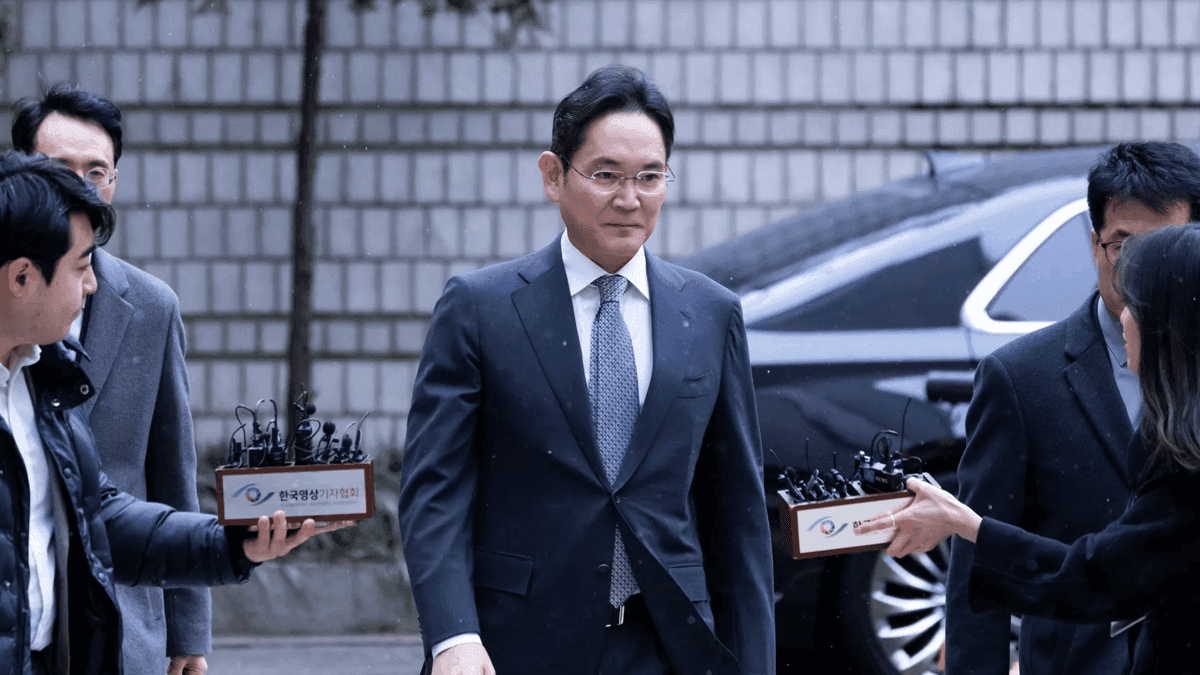
- South Korea’s Supreme Court has cleared Samsung chairman Jay Y. Lee of all fraud and stock manipulation charges.
- The case involved a 2015 US$8 billion merger between Samsung C&T and Cheil Industries.
- The ruling removes a major legal barrier as Samsung intensifies its AI chip development efforts.
- Samsung Electronics shares rose 3.1 percent following the verdict, aided by SK Hynix’s stock downgrade.
South Korea’s Supreme Court on 17 July 2025 upheld a lower court’s acquittal of Samsung Electronics chairman Jay Y. Lee on charges of accounting fraud and stock manipulation.
The ruling closes a prolonged legal saga tied to a 2015 merger of Samsung affiliates, seen by prosecutors as central to Lee’s succession plans.
Lee, 57, had faced allegations connected to an US$8 billion merger between Samsung C&T and Cheil Industries. Prosecutors argued the deal unfairly strengthened Lee’s control over Samsung Group, South Korea’s largest conglomerate.
The top court’s decision permanently lifts a long-standing legal cloud over Lee, enabling him to steer Samsung through a critical phase in the global semiconductor race.
According to reporting by Reuters, the Supreme Court backed a 2023 appeals court decision that dismissed all charges. The appeals court had previously found insufficient evidence that Lee or Samsung executives intentionally manipulated the merger.
The ruling came as little surprise to many observers. However, its timing is significant, as Samsung is attempting to bolster its capabilities in artificial intelligence (AI) chips and advanced semiconductor technologies.
“The Supreme Court ruling clears a layer of legal uncertainty, which could be a long-term positive for Samsung,” said Ryu Young-ho, senior analyst at NH Investment & Securities, as quoted by Reuters.
Ryu added, “It remains to be seen how directly and proactively he will engage going forward, but if the owner takes a more active role, it could allow management to focus more on long-term initiatives rather than short-term results.”
Following the verdict, Samsung Electronics shares rose 3.1 percent, outperforming South Korea’s KOSPI index, which was nearly flat. The increase was attributed to investor relief over the ruling, as well as a shift in capital away from rival SK Hynix.
SK Hynix saw its shares fall by up to 9.5 percent after Goldman Sachs downgraded its stock, further supporting Samsung’s market gains.
Jay Y. Lee has long been a central, yet controversial, figure in South Korea’s corporate landscape. The 2015 merger — completed after his father, Lee Kun-hee, suffered a heart attack in 2014 — paved the way for his de facto control of the Samsung empire.
In a separate case, Lee had spent 18 months in prison after being convicted of bribery involving former South Korean president Park Geun-hye. He was later pardoned by President Yoon Suk-yeol, a move that stirred debate but was defended as being in the country’s economic interest.
Legal troubles had raised questions about Lee’s leadership and Samsung’s corporate governance, particularly regarding succession planning and transparency.
With this ruling, Lee is expected to play a more visible and stabilising role in guiding Samsung through intensifying global competition, especially in next-generation chip development and AI technologies.
Samsung remains the world’s largest memory chip producer and the second-largest smartphone manufacturer globally. As AI technology demands more advanced and efficient semiconductors, Samsung has pledged to strengthen its position against competitors such as NVIDIA, Intel, and Taiwan’s TSMC.
The Supreme Court’s decision eliminates one of the last major legal challenges for Lee and allows the conglomerate’s leadership to focus on strategic technological investments and innovation.
The case had become emblematic of broader issues in South Korea’s corporate environment, where familial succession and chaebol (conglomerate) influence remain sensitive political and social issues.
Nonetheless, with his legal battles now resolved, Jay Y. Lee is widely expected to lead Samsung through a pivotal period in global tech development, unencumbered by judicial entanglements.


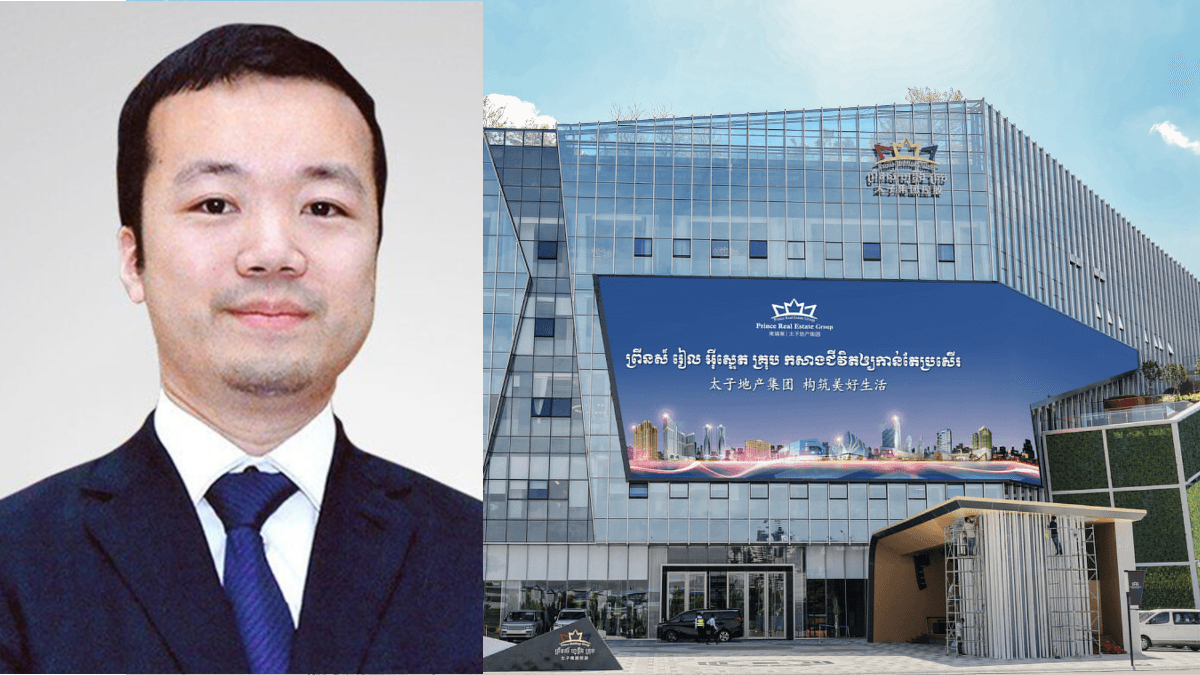
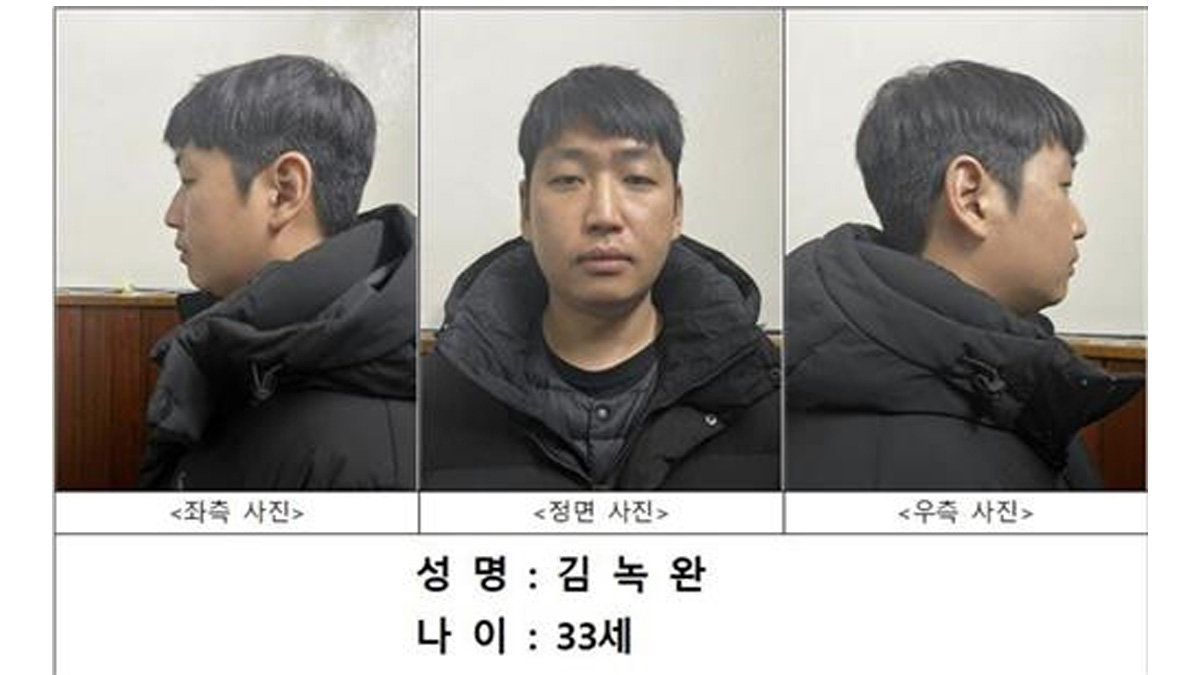

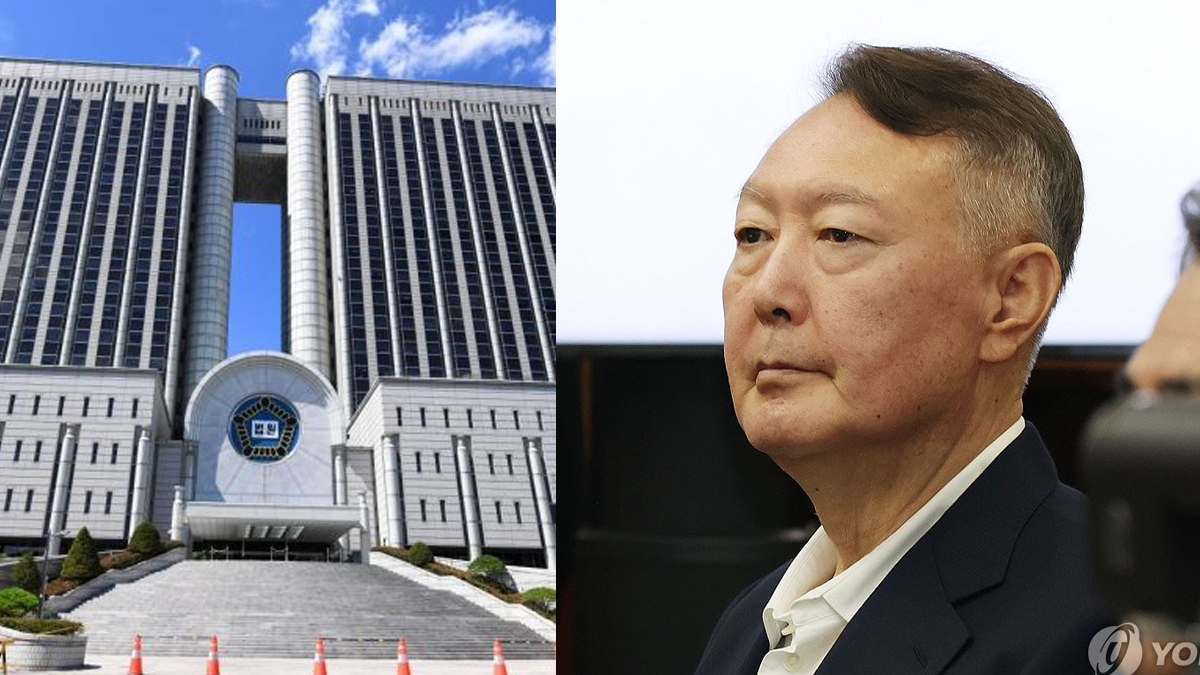
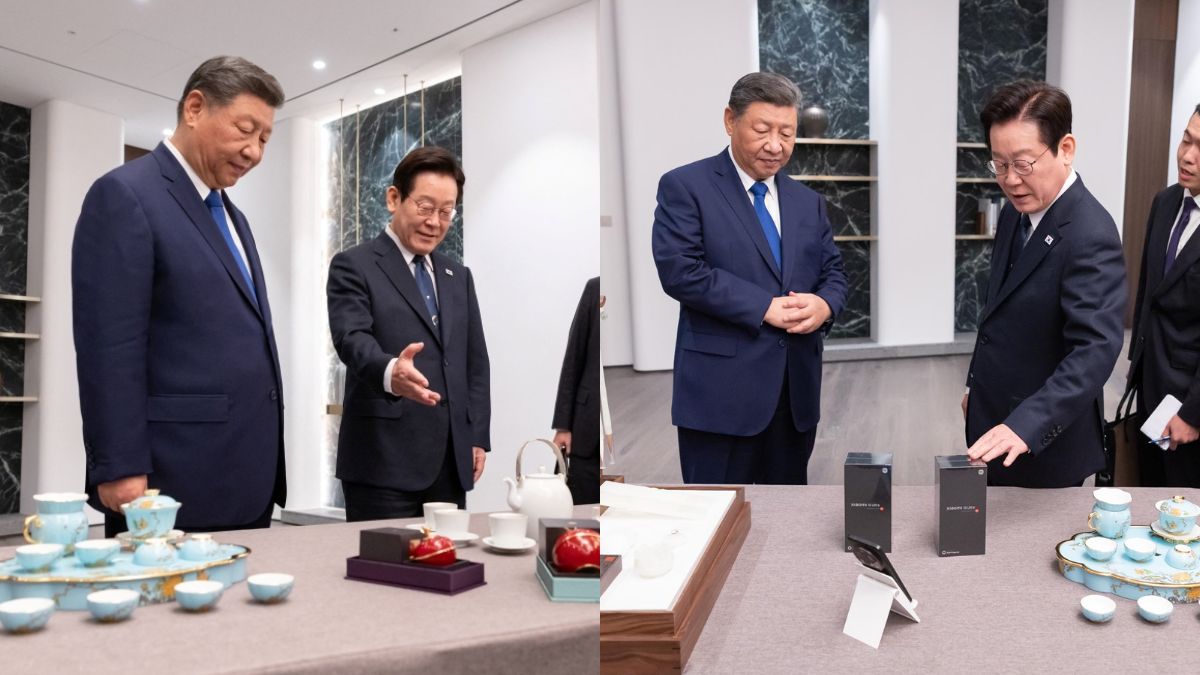
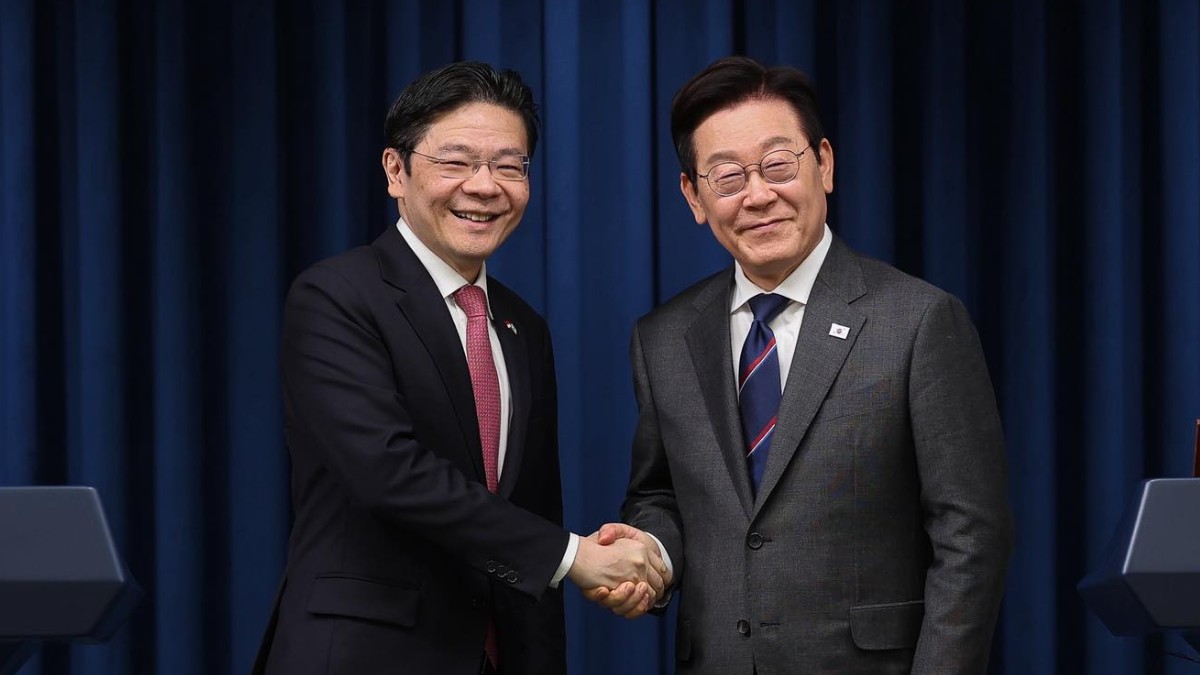
0 Comments